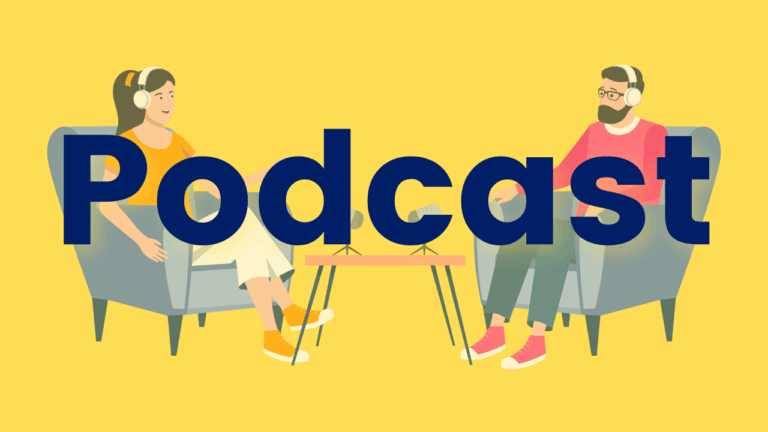What are the four stages of the writing process?
Joan Sedita, founder of Keys to Literacy, talks about the four main stages of writing: thinking, planning, writing, and revising and the fact that the more time and effort students put into the first two stages and the last stage, the better their writing will be.





